Gaza will turn into 'graveyard' of Israeli forces in the event of ground offensive
By Jamal Ibrahim
In recent days, speculation has been rife that the Israeli regime is preparing for the ground offensive against the besieged Gaza Strip, which follows the indiscriminate aerial bombardment over the past two weeks.
Israeli forces, backed by the heavy deployment of US warships in the region, have taken positions close to the besieged strip’s frontiers in recent days as Israeli warplanes continue to pound Gaza.
The offensive, however, has been delayed for multiple reasons, including heavy downpours in Tel Aviv, words of caution from Israel’s Western allies and strongly worded warnings from the resistance axis.
Israeli military affairs minister Yoav Gallant earlier this week said the ground assault on the besieged coastal strip aims to end the regime’s responsibility over the Palestinian territory.
He said the Israeli military campaign in Gaza will unfold in three phases – the first phase, which is currently underway, will “destroy the military infrastructure” of Hamas, the second phase will “destroy pockets of resistance” and the third phase includes ground invasion to “establish a new security reality.”
His remarks came after US President Joe Biden warned that the attempt to re-occupy Gaza would be a “big mistake", even though he approved the operation against the Hamas-led Palestinian resistance.
The Lebanese Hezbollah resistance movement has also warned against the foolhardy move.
Palestinians, Hezbollah’s deputy chief Sheik Naim Qassem said in a speech on Sunday in Lebanon, will turn Gaza into a graveyard for Israeli troops if the regime goes ahead with its plans of ground invasion.
“We have no option but victory and the occupiers have no option but defeat,” he asserted.
Hamas and other Palestinian resistance factions, for their part, have expressed full readiness for the ground battle, warning that the occupying forces would come out as dead, wounded, or captured.
Israel's strategy so far has been to bombard Gaza and intensify the siege, both with the aim of fueling a humanitarian disaster and sowing discord between the Palestinian people and resistance.
However, the strategy has already failed as Palestinians have come out in full support of the resistance, vowing to continue their struggle for the liberation of occupied territories.
Will ground offensive work?
The planned ground invasion, from the regime’s perspective, means entering a dense urban area, defeating highly motivated Palestinian fighters, and eliminating their weapons and infrastructure.
Discovering the vast network of underground tunnels in Gaza and destroying them is an extremely difficult task, both technically and time-wise, therefore it necessarily implies a long-term occupation.
The Al-Aqsa Storm operation (also known as Al-Aqsa Flood) demonstrated that the Hamas and other resistance groups are totally capable of carrying out offensive operations, unlike in the past.
On previous occasions, primarily due to the severe blockade of Gaza and sophisticated weapons possessed by the Israeli soldiers, there was a perception of Zionist military invincibility, which was completely shattered in the wee hours of October 7 morning and its aftermath.
In recent years, Israel would attack Gaza and end their aggression with false claims that they "achieved all objectives" and that the resistance groups were "deprived of offensive power.”
The claims of “victories” against Palestinians were initially received credulously by Israelis, but over the period of time, as Palestinian retaliatory rocket attacks increased, the illusion was debunked.
Following the October 7 operation, the illusion of Israeli military superiority was totally shattered, as the barrage of 5,000 rockets debunked false Zionist claims of having destroyed the arsenal of Hamas.
Palestinian rocket strikes, which have been regularly seen past two weeks, also prove that Israel lacks the intelligence and military capacity to intercept or prevent attacks inside the occupied territories.
In the event of a ground invasion of Gaza, Hamas and other Palestinian resistance groups will have an upper hand, according to military strategists, which has caused the delay in the Israeli plan.
Military capability of Hamas
Izz ad-Din al-Qassam Brigades, the armed resistance wing of Hamas, is believed to have an estimated 30,000–40,000 fighters, who are highly motivated as they demonstrated in recent weeks.
The Gaza-based resistance group has a military arsenal that includes tens of thousands of rockets, including long-range missiles and drones, as well as bombs and mortars, unlike in the past years.
Ali Baraka, Hamas' head of national relations abroad, was quoted as saying after the October 7 operation that the resistance group has many local arms factories and possesses rockets with ranges of 250 km, 160 km, 80 km, 45 km, and 10 km.
The group also possesses anti-tank guided missiles and shoulder-launched anti-aircraft missiles (MPADS), which has significantly raised the morale of the resistance fighters.
Most of the military arsenal is locally manufactured, including light weapons, improvised rockets, mortars and other explosives that have been used extensively in recent years.
Then there is a maze of tunnels scattered across the besieged Gaza Strip developed by the resistance groups over the years to store arms and train fighters away from the gaze of the Zionist enemy.
According to military observers, these labyrinth tunnels could help the Hamas resistance fighters carry out ambush operations against the occupying military and avoid being detected on the ground.
A video released by the military wing of Hamas last week showed its fighters training in urban warfare with heavy weaponry and tanks, which was a message to the occupying entity of what lies ahead.
While resistance groups in the region have vowed support for Hamas in the event of a ground invasion military observers say the Palestinian resistance group is capable enough to fight and prevail.
Israeli regime in deep mess
The Israeli regime’s aerial aggression on Gaza and threats to launch the ground invasion comes amid simmering ant-regime protests in the occupied territories with Israelis blaming Netanyahu for it.
The embattled Israeli premier has come under blistering fire in recent weeks for failing to ensure the “security” of Israeli soldiers and settlers and for the Israeli regime’s weak military intelligence network.
The regime has not only lost the support of the people it claims to represent but the popular opinion in the Western capital has also turned against the Israeli regime and its apartheid policies.
The primary plan of the Israeli regime is therefore not to gain the so-called “military victory” and destruction of Hamas’ military infrastructure, but to regain its lost credibility.
This time, however, it will not be enough for the regime to claim that the victory was achieved by destroying Hamas's infrastructure from the air, as the regime has already faced crushing defeat there.
That is why, according to observers, the regime feels the urgency to launch the ground invasion.
The Israeli authorities know that not entering Gaza this time implies a military defeat, as well as a political defeat for the far-right Netanyahu regime, but they also realize that the long-term operation would be even more disastrous in the military, economic and psychological sense.
Any engagement with Hamas in the field would mean greater losses in terms of equipment and personnel, longer-term rocket fire and economic paralysis, as well as the likely involvement of northern resistance movements in the conflict, which would exacerbate the regime’s problems.
Iran, other Muslim states slam US envoy’s endorsement of ‘Greater Israel’ plot
Hezbollah says has ‘no choice’ but to defend itself after deadly Israeli strikes
Israeli army defends soldier’s viral ‘rape’ remark amid global outrage
VIDEO | British Museum removes Palestine from exhibit labels
VIDEO | 'Justice for Palestine' protest held in Paris
Potential US attack on Iran to be met with decisive missile force: Lebanese MP
VIDEO | Ramadan begins in France amid optimism, challenges
Hamas: Huckabee’s remarks expose ‘American bias towards Zionist domination, annexation’


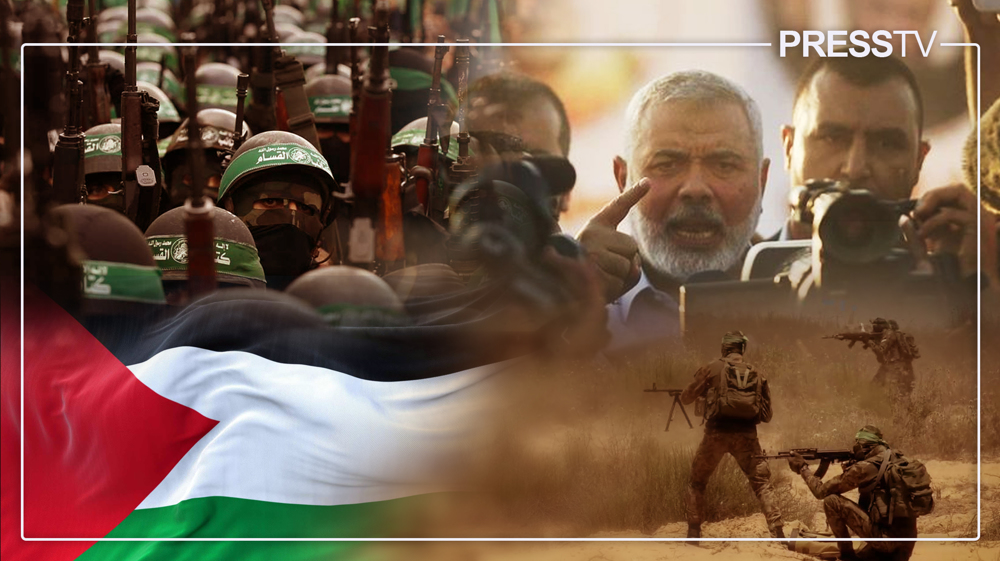
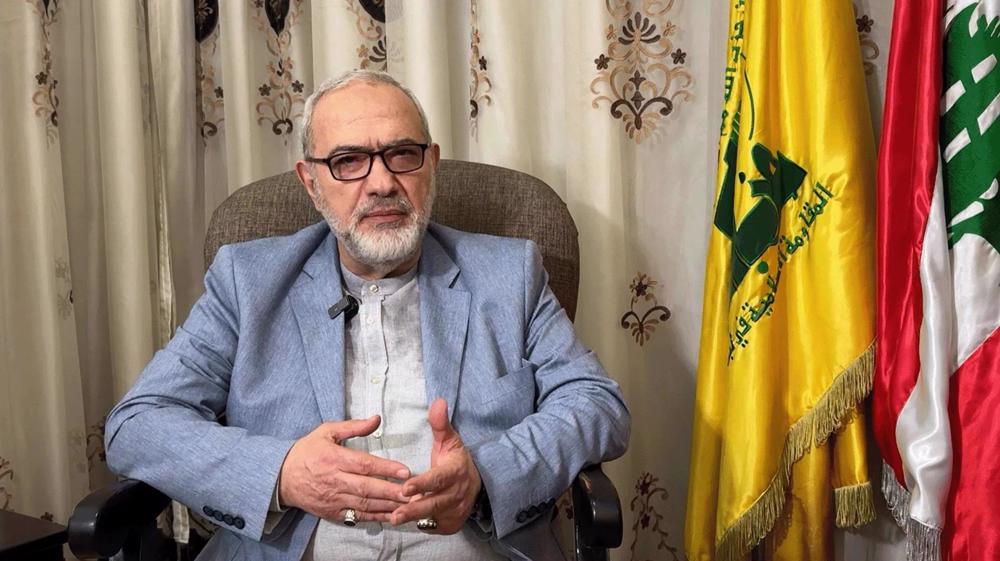

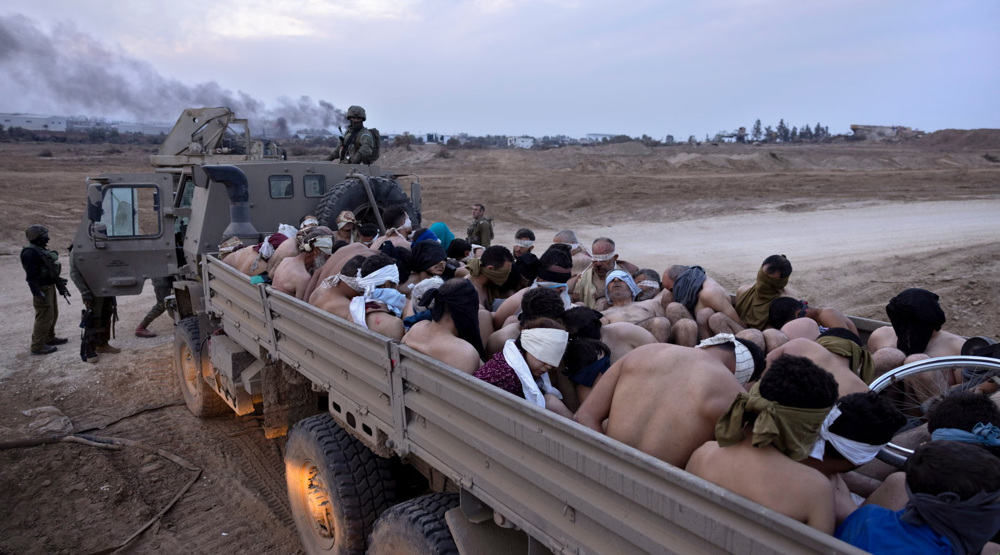



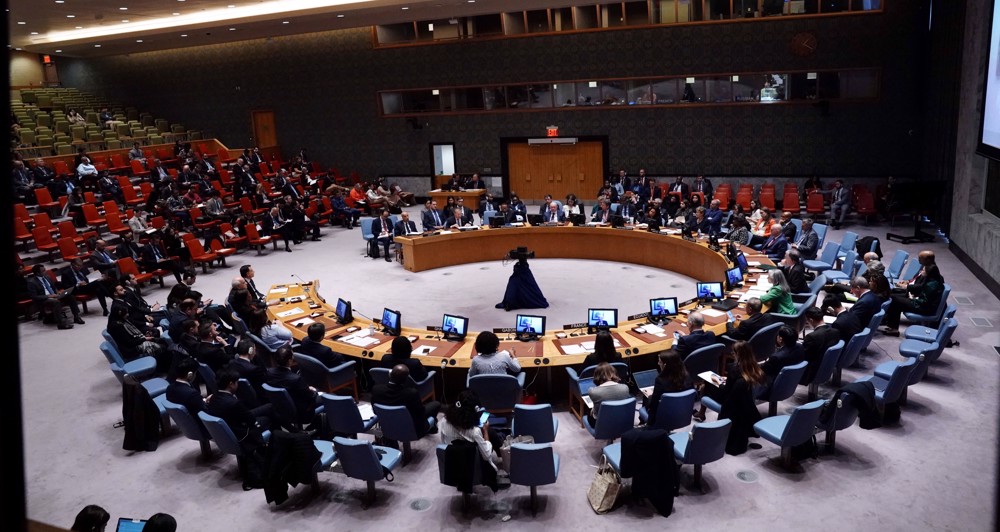
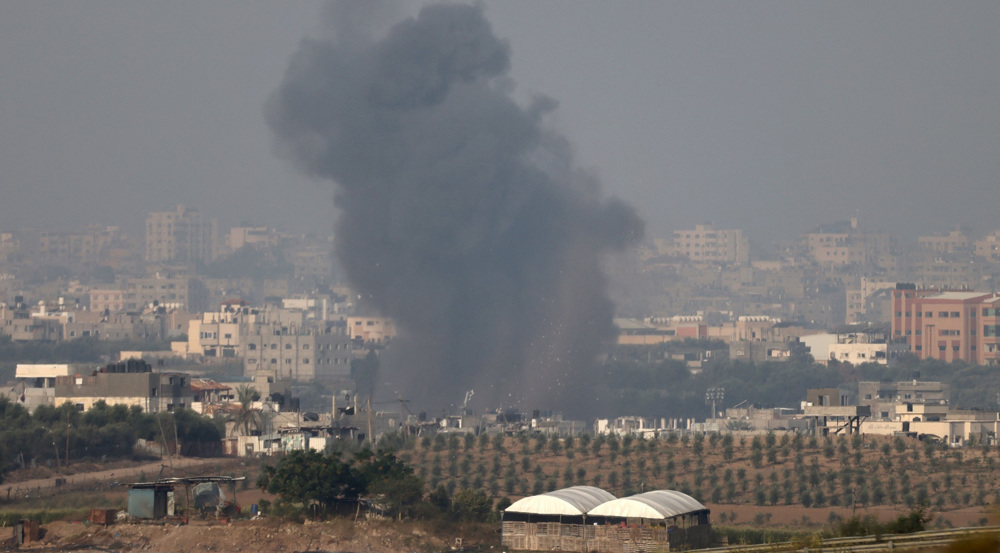
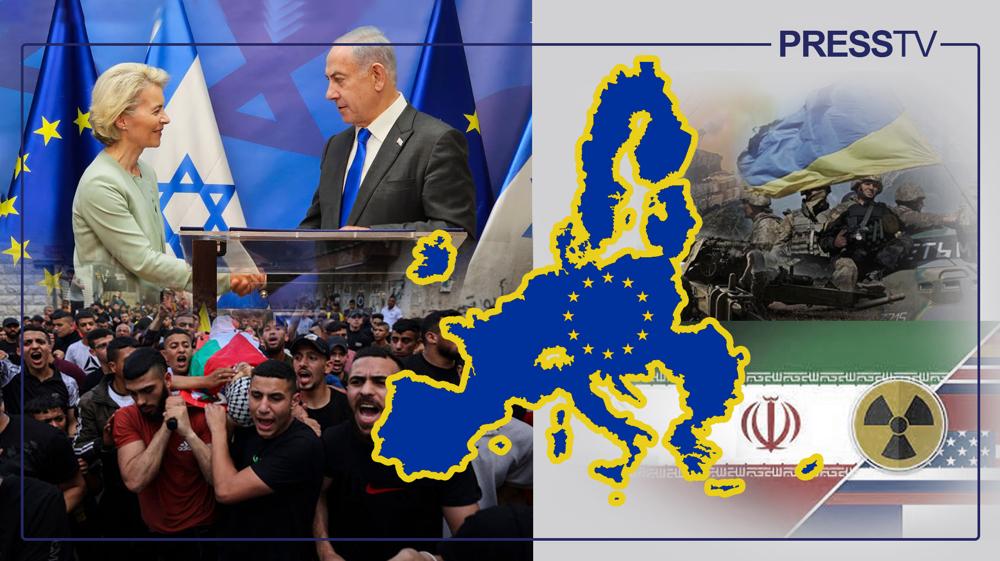



 This makes it easy to access the Press TV website
This makes it easy to access the Press TV website